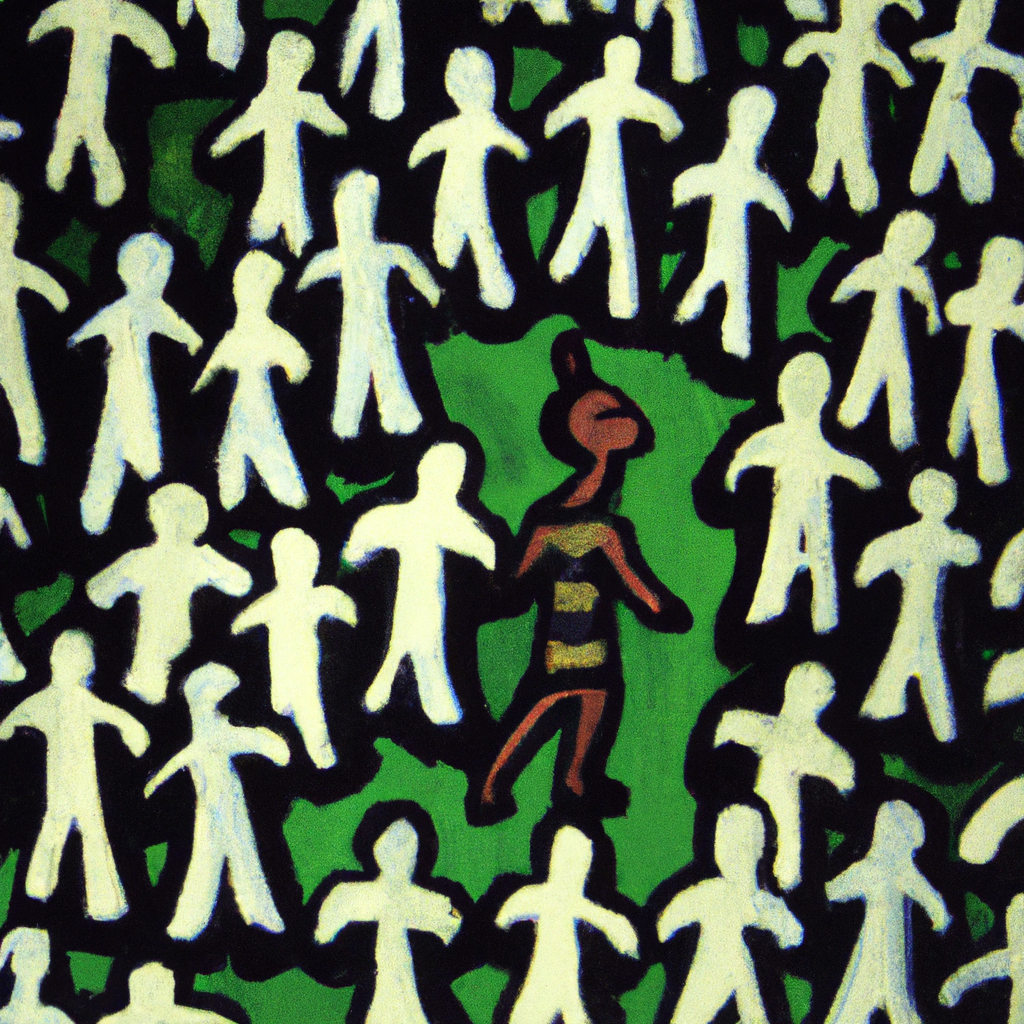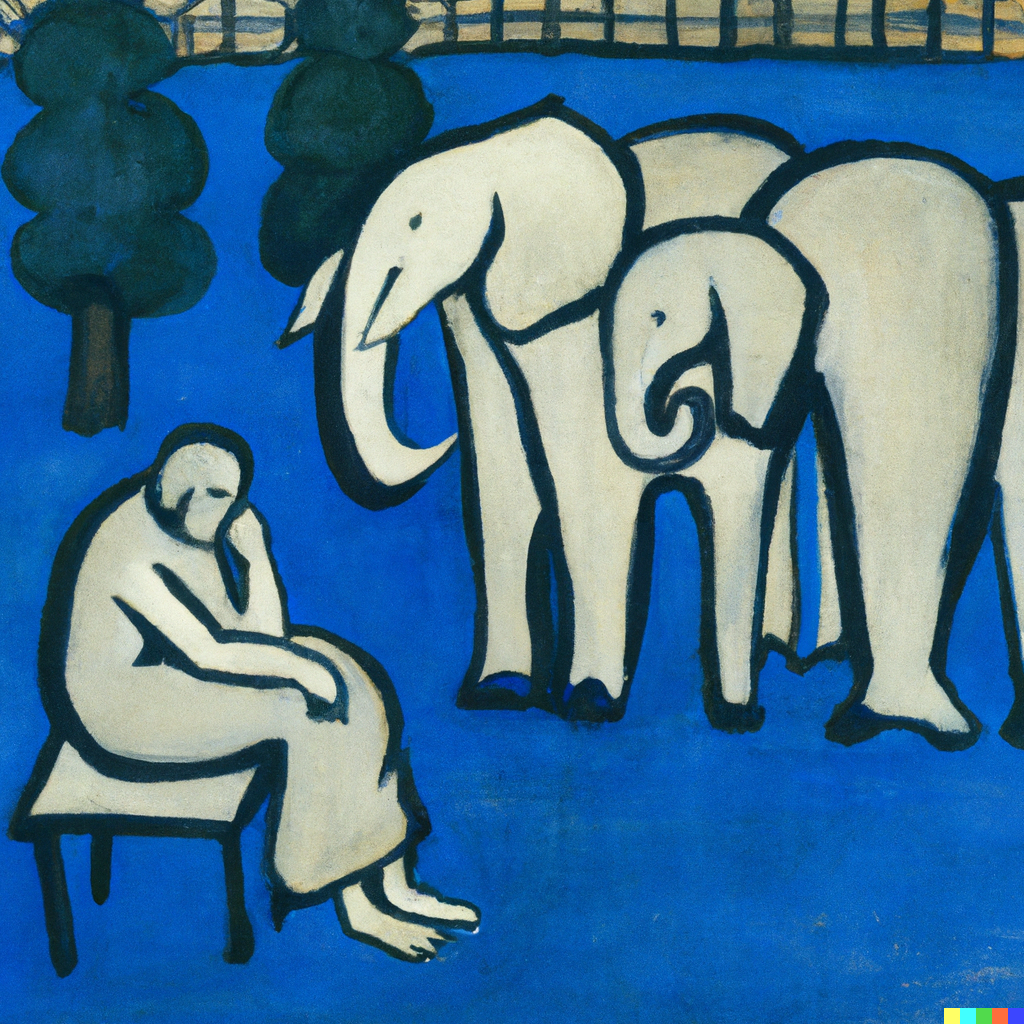
1. How do you navigate seeing someone without self-sabotaging if you fear being vulnerable?
Start small. Vulnerability doesn’t mean giving someone your whole heart on day one — it means being honest in doses you can emotionally tolerate. The fear of being seen is often a reflection of shame or unhealed relational trauma. Instead of focusing on whether they’ll accept you, reflect on how you can accept the part of you that feels scared of being vulnerable. Explore ways to create more inner safety as vulnerability grows where safety is nurtured, not forced.
2. How can I be realistic in managing my relationship while not lowering my standards?
No relationship is perfect, but it should still feel safe, kind, and reciprocal. Check your standards: Are they rooted in your values or in fear? For example, "I want a partner who communicates openly" is different from "They should always know what I feel." Maybe you don’t need to lower your standards, you just need to make sure they’re yours, not born from fantasy or defense.
3. What do I do if I’m scared of relationships in the first place?
Hold the fear as you would any other statement; without it dictating your reality. Ask yourself, “When did I learn that relationships are not safe?” Therapy can be a great space to help unpack this. Also, begin to observe how you show up in other, non-romantic relationships; what parts feel easy and what parts feel challenging? Working through the difficult parts of interpersonal relationships in a less pressured environment such as close friendships can help build your confidence and social skills and help you learn how to show up in relationships authentically.
4. How do I get over my ex?
Grief is not a linear process, especially if the relationship held meaning, promise, or dreams for the future. Start by separating your pain into categories: grief for what happened, grief for what never happened, and grief for who you thought you’d become with them. Let yourself feel it all. And then, day by day, reclaim your energy from where it lingers in the past. Remember to be patient and gentle with yourself and who you are, post-heartbreak.
5. How do I love someone when my attachment style is avoidant?
Avoidant attachment isn’t a death sentence; it's a learned strategy for safety. Begin by noticing your push-pull patterns: Do you distance when it gets intimate? Do you crave space but fear abandonment? Communicate these patterns gently with your partner and create rituals of connection that don’t overwhelm you. Love doesn’t require perfect presence, just honest effort, and open communication.
6. How do I work on my relationship with myself?
A good place to start could be noticing your inner dialogue. Are you a critic or a companion? Self-work means learning to be the friend, parent, and partner you’ve longed for in areas such as: boundaries, rest, joy, self-compassion, and even hard truths. It’s not glamorous but over time it makes all other relationships healthier.
7. Is it possible to struggle mentally and still maintain a healthy relationship?
Absolutely. Having mental health struggles doesn’t make you unworthy of love, it just means that communication, structure, and support are even more essential. Even if you're emotionally/mentally regulated you can bring your own 'baggage' or challenging life experiences into the relationship. A healthy relationship doesn’t fix your pain, but it can create a soft landing where you’re allowed to be yourself fully. Love and struggles with mental health can coexist, with the right boundaries and honesty.
8. How do you let go if you have an anxious attachment style?
Letting go can feel incredibly scary to the anxiously attached person because your nervous system was wired for closeness informed by a fear of rejection and abandonment. Try reaffirming your desire for connection as a normal human need and observe, with curiosity and non-judgement, ways you might be self-abandoning in interpersonal relationships. Begin by grounding in the present and reminding yourself: “I don’t have to chase love to deserve it.” Replace fantasy with truth. Reparent your inner child. Reach out to others who help you feel seen, not just needed.
9. How do I communicate properly and healthily in my relationships?
Healthy communication starts with self-awareness. Before speaking, pause and reflect, “What am I truly feeling? What do I need?” In conversations, use “I” statements, validate your partner’s experience, and don’t avoid hard topics out of fear of conflict. Learn to repair, not just avoid, ruptures. Healthy relationships aren’t built on perfection, but on repair and authenticity.
10. How do you know if the person you’re with is the one for you? Does everyone only have one ‘the one’?
Truthfully, there’s no single “one.” There are many potential ‘ones’ depending on timing, healing, and readiness. Some better questions include; Do I feel safe, expansive, and seen with this person? Do we work through things together? If yes, nurture it. If not, don’t stay just to avoid loneliness. You deserve a love that feels like peace, not performance.




















